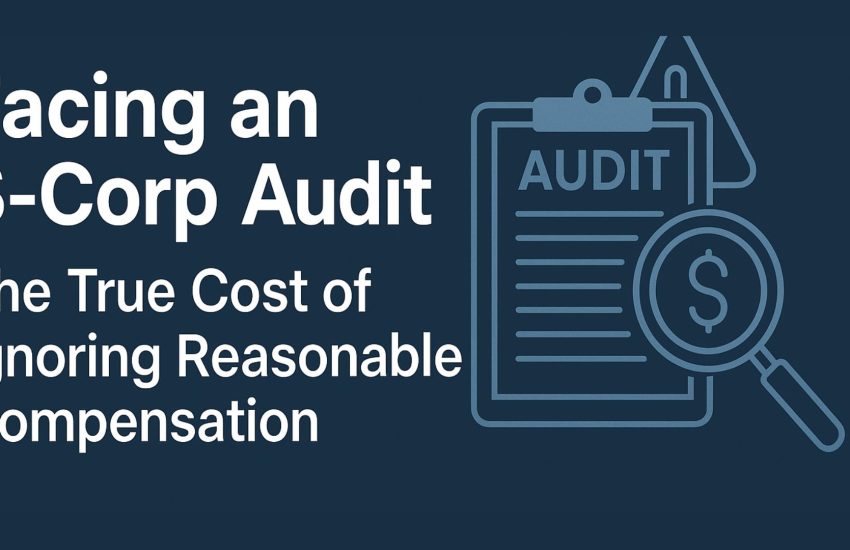Deduction Options For Your Business Use Vehicles
When it comes to using a vehicle for business purposes, generally you can deduct the entire cost of operation. Alternatively, you can use the business standard mileage rate, subject to some exceptions.
The deduction is calculated by multiplying the standard mileage rate by the number of business miles traveled. Self-employed individuals also may use the standard rate, as can employees whose employers do not reimburse, or only partially reimburse, them for business miles driven.
Using the standard mileage rate can:
- Simplify recordkeeping
- Takes the place of deducting almost all of the costs of your vehicle
- Considers costs such as maintenance, gas and oil, insurance, etc. in its value
Beginning on January 1, 2023, and before December 31, 2023, the standard mileage rates for the use of a car (also vans, pickups or panel trucks) are:
- 65.5 cents per mile for business miles driven
- 22 cents per mile driven for medical or moving purposes
- 14 cents per mile driven in service of charitable organizations
Mileage related to unreimbursed business expenses and moving expenses are limited to certain taxpayers as a result of the Tax Cuts and Jobs Act for tax years 2018 through 2025:
- Business expenses:
- Unreimbursed business expenses subject to a 2% floor as an itemized deduction have been eliminated.
- Eligible taxpayers for business mileage expenses:
- Members of a reserve component of the U.S. Armed Forces,
- State and local government officials paid on a fee basis, and
- Certain performing artists
- Moving expenses:
- Eligible taxpayers for moving expenses:
- A member of the Armed Forces of the United States on active duty, and
- Moving under a military order and incident to a permanent change of station.
- Eligible taxpayers for moving expenses:
The standard mileage rate for business is based on an annual study of the fixed and variable costs of operating an automobile. The rate for medical and moving purposes is based on the variable costs.
Taxpayers may have the option of calculating the actual costs of using their vehicle rather than using the standard mileage rates. If instead of using the standard mileage rate you use the actual expense method to calculate your vehicle deduction for business miles driven, you must maintain very careful records. You must keep track of the actual costs during the year to calculate your deductible vehicle expenses. One of the most important tools is a mileage logbook.
Our office can help you compare the benefits of using the business standard mileage rate or the actual expense method. Give us a call at (402) 932-8815.
Sincerely,
W. E. Stevens PC



